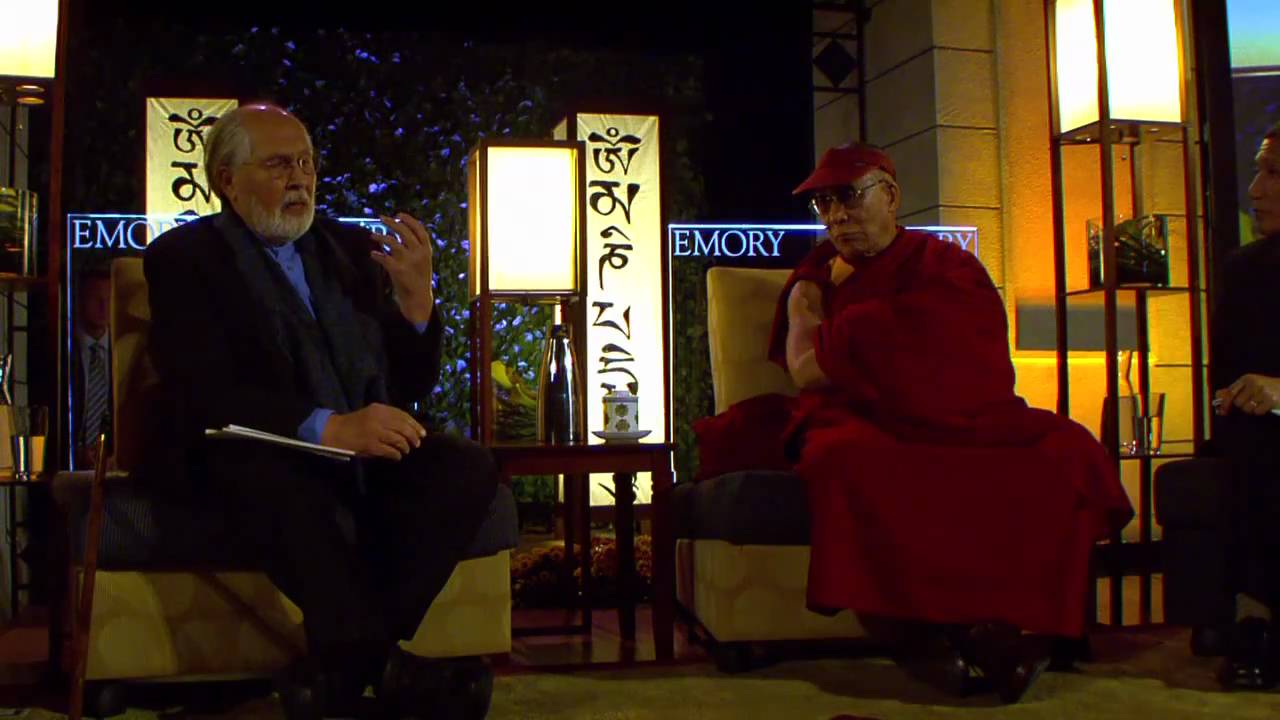During the Interfaith Summit on Happiness with the Dalai Lama, Chief Rabbi Lord Jonathan Sacks explains the two words for happiness that appear in Hebrew. The culture consultant in us can’t help but see a hidden lesson here:
The Hebrew, the biblical Hebrew, has two key words for happiness. One is Asher and one is Simcha. And they are very different. Asher is the happiness we feel. Simcha is the happiness we make. Asher is the happiness we can experience on our own, but Simcha is the happiness that only exists in virtue of being shared.
I would define Simcha as ‘social happiness’. So, in the Bible it’s something that is shared by husband and wife. It’s something that on festivals is shared by the whole community. It’s something to which we invite the widow, the orphan, the stranger, the people who would otherwise be vulnerable and alone. Simcha is the happiness we make when we come together to give collective thanks for the miracle and the gift of simply being alive. It’s something exuberant, joyous, celebratory, and it is something we only feel when we leave behind the separatenesses of each of us and become a part of a “We”, an “Us”, a community. Simcha tells us that happiness is part of the tenor and texture of our relationships and the way our culture is geared to a shared sense of gratitude.
This distinction is particularly poignant given the shifts in working patterns over the last few years where we’ve witnessed people trade connection and relationships for autonomy and freedom. Work has become far more transactional than ever before. From my experience chatting with people across different organisations, many feel that the pendulum swung a little too far in the opposite direction and miss the friendships formed over idle chats in the kitchen.
Now, to be clear, this doesn’t necessarily require a return to the office. Connection can be nurtured in other ways (we’ve seen some organisations mandate a portion of meetings to be about anything but work), but it does require conscious thought and careful design. So whilst our remote-work problems may be new, perhaps we can borrow wisdom from one of the world’s oldest religions to help us ignite that sense of Simcha.

